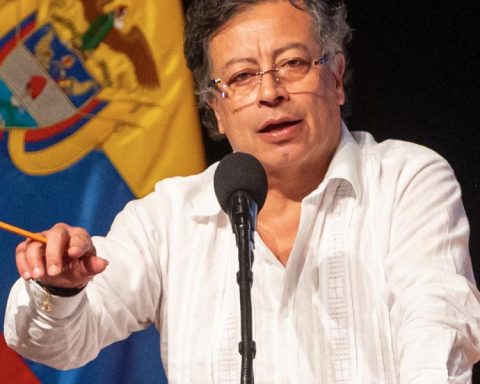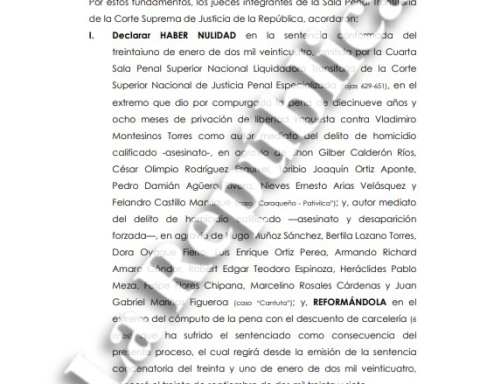
Judicial reform worsens differences
The differences between the Judicial Branch and the Executive worsened when López Obrador presented on February 5 a package of 20 initiatives, among them a constitutional reform so that, in a single stroke, all the SCJN ministers would leave, the Federal Judiciary Council (CJF), two new bodies will be created to monitor the actions of judges and 711 District judges and Circuit magistrates will be dismissed.
In June 2024, then-President López Obrador explained that this reform was because the Judiciary “is kidnapped” by organized and white-collar crime, and “is not at the service of the people.
“Judges, magistrates and ministers do not dispense justice, (…) the Judiciary is bad. So, we need that reform. Urgent. Just look at today’s report today: Mr. Caro Quintero is being given protection, by a judge, so that he will not be extradited. Also, a judge gave César Duarte freedom,” López Obrador mentioned on June 11.
That same month, during the open parliament organized by Morena in the Chamber of Deputies, eight ministers were against this reform, while the three ministers close to the official party (Lenia Batres, Yazmín Esquivel and Loretta Ortiz) applauded this constitutional modification.
“I consider that, if the reform is approved in its terms, it does not offer a comprehensive solution to the problems that afflict justice in the country at the federal level, much less at the local level. On the other hand, the initiative does put at risk access to independent and impartial justice for millions of people and Mexicans,” warned Minister Juan Luis Alcántara Carrancá on that occasion.
In interview with Political Expansionpolitical scientist Patricio Morelos considered that this reform that modifies the structure and composition of the entire Judicial Branch was the “breaking point” in the relationship between the Powers of the Union.
Furthermore, he recalled that since the government of the PRI, Ernesto Zedillo, when there was also a judicial reform that transformed the SCJN, there had been a “cordial relationship” between the Judicial Branch, the Executive and the Legislative, so there had not been a “breakup” as evident as now.
“Although there had been some issues or some specific cases where there had been disagreements, there had not been a break as clear and evident as the one we are experiencing right now. There have been different statements, for example, the statements of the same Norma Piña who in Tuesday’s message spoke negatively about the Judicial Reform; makes it very clear that there is a relationship that is broken, that there is no communication,” he stated.
The political scientist and former council of the INE, Javier Santiago Castillo, considered that, in addition to the judicial reform, another factor that caused the rupture in the relationship between the Judicial Branch and the Executive was the meeting that SCJN ministers held with the PRI in December 2023.
“Several ministers had an anti-Executive Branch stance and took actions that led them to greater confrontation, such as having had meetings during the electoral campaign with opposition party leaders. I think that the minister-president’s mistake was entering into this political game that was not her territory and that exacerbated the conflict, and well, President López Obrador’s proposal to elect ministers, magistrates and judges,” he said.
In addition, he commented that ministers have the right to express their opinion, but emphasized that being a public servant, one must abide by the law “whether we like it or not, whether we agree or not.” However, he commented that the members of the SCJN not only expressed their disagreement against the judicial reform, but also “promoted” a mobilization.
“And, obviously, that further exacerbated the conflict; So, taking this belligerent stance, it also exacerbated the confrontation,” he declared.













